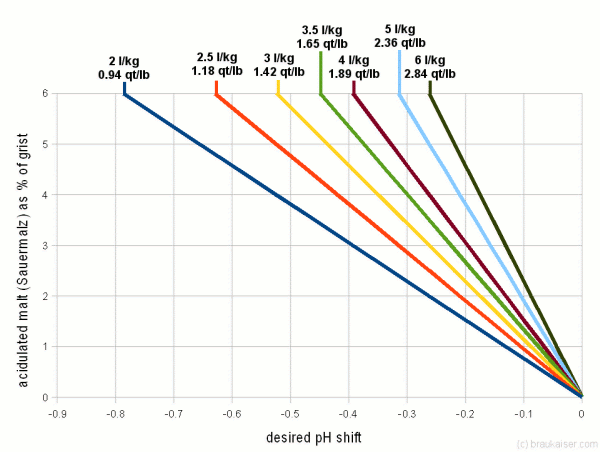

In simple terms, the pH level of your brewing water needs to fall within specifically defined ranges to enable optimal enzymatic reaction and protein coagulation. pH level this is a biggie, and affects every stage of the brewing process.The following water-related factors must also be considered: Without going into the nitty-gritty (we could be here all day otherwise), you can learn more about these two factors here. But this will vary depending on the style of beer you are brewing. The terms ‘hardness’ (the amount of dissolved calcium and magnesium) and ‘alkalinity’ (the amount of carbonate and bicarbonate) are two of the most important considerations when it comes to getting your water chemistry right.Īs a general rule, your brewing water should have low to moderate levels of hardness and alkalinity. This article only scratches the surface of what, why and how when it comes to this topic. Or in the word of Govs, you’ll be brewing ‘mediocre’ beer. But without the correct water chemistry balance during the brewing process, your beer won’t be what it should be. The words ‘water chemistry’ are probably not the first thing that most people associate with brewing great beer. While it might be plain on the eye and palate, water is actually a complex chemical beast, consisting of salts, ions and minerals, that must be analysed and tweaked during the brewing process to ensure the correct balance and alkalinity for the style of beer you’re brewing. In fact, beer consists, on average, of around 95% H2O!

But there’s a somewhat more mysterious fourth ingredient that’s just as important – water. Most beer aficionados can name three of its key ingredients without too much trouble hello malt, yeast and hops.


 0 kommentar(er)
0 kommentar(er)
